Sake, the traditional Japanese rice wine, is often praised for its smooth, refined taste and cultural significance, but is sake gluten-free? For those with gluten sensitivity or celiac disease, understanding the ingredients, brewing methods, and potential risks is essential. In this article, we’ll guide you through everything you need to know about sake and gluten. Drinking sake in a beautiful, handcrafted sake set is also the best way to enhance its flavor. Browse our collection of authentic, artisan-made Japanese Sake Sets for the perfect pairing.

What Is Sake Made Of?
Authentic sake is typically brewed from just four ingredients: rice, water, koji mold (Aspergillus oryzae), and yeast. None of these contains gluten, making most traditional sakes naturally gluten-free. Premium varieties like Junmai, Junmai Ginjo, and Daiginjo focus on pure rice brewing without additives, making them the safest choices.
Types of Sake and Gluten Content
- Junmai Sake: Pure rice sake without added alcohol typically gluten-free.
- Ginjo & Daiginjo: Premium sake with refined rice polishing generally safe.
- Honjozo: Contains added brewer’s alcohol may be gluten-free, but verify.
- Futsushu (Table Sake): Non-premium with potential additives, avoid unless labeled gluten-free.
- Nigori (Unfiltered Sake): Often gluten-free but double-check flavored or sweetened versions.
When Sake Might Contain Gluten
While traditional sake is usually safe, there are exceptions:
- Flavored or infused sake may include wheat-based sweeteners or flavorings.
- Futsushu often contains additives including alcohol derived from barley or other gluten sources.
- Cross-contamination in facilities that also produce wheat-based alcohols or foods.
- Barrel-aged sake stored in wine or whiskey barrels may pose a contamination risk.
How to Choose Gluten-Free Sake
- Look for labels such as "Junmai" or "Pure Rice" on the bottle.
- Avoid sake labeled with “brewer’s alcohol” or unspecified additives unless certified gluten-free.
- Check product pages for ingredient lists and brewing methods.
- When in doubt contact the brewery or opt for trusted brands known for gluten-free practices.
Recommended Gluten-Free Sake Brands
- Gekkeikan Junmai – A widely available and trusted choice.
- Ozeki Dry Junmai – Clean, crisp, and gluten-free.
- Hakutsuru Organic Junmai – USDA-certified and additive-free.
- Dassai 39 Junmai Daiginjo – A premium, gluten-free artisan sake.
- Colorado Sake Co. – U.S.-based, gluten-free sake brewed with transparency.
Flavored and Specialty Sake: Use Caution
Sake variants like umeshu (plum wine), sparkling sake, or those with yuzu and peach flavorings can sometimes include gluten-containing additives such as barley enzymes, miso-koji, or wheat-based sweeteners. Always verify the ingredient list or stick to traditional Junmai if unsure.
Other Gluten-Free Japanese Alcohol Options
If you're exploring beyond sake, consider these naturally gluten-free Japanese beverages:
- Shochu (especially rice or sweet potato-based)
- Umeshu (check for additives)
- Awamori (from Okinawa, made from Thai rice)
Conclusion
Most traditional, premium sake especially Junmai is naturally gluten-free and safe for those with gluten intolerance or celiac disease. However, due diligence is crucial when choosing flavored or lower-grade sakes. Browse our handcrafted sake sets to enhance your gluten-free sake experience with authentic Japanese elegance.






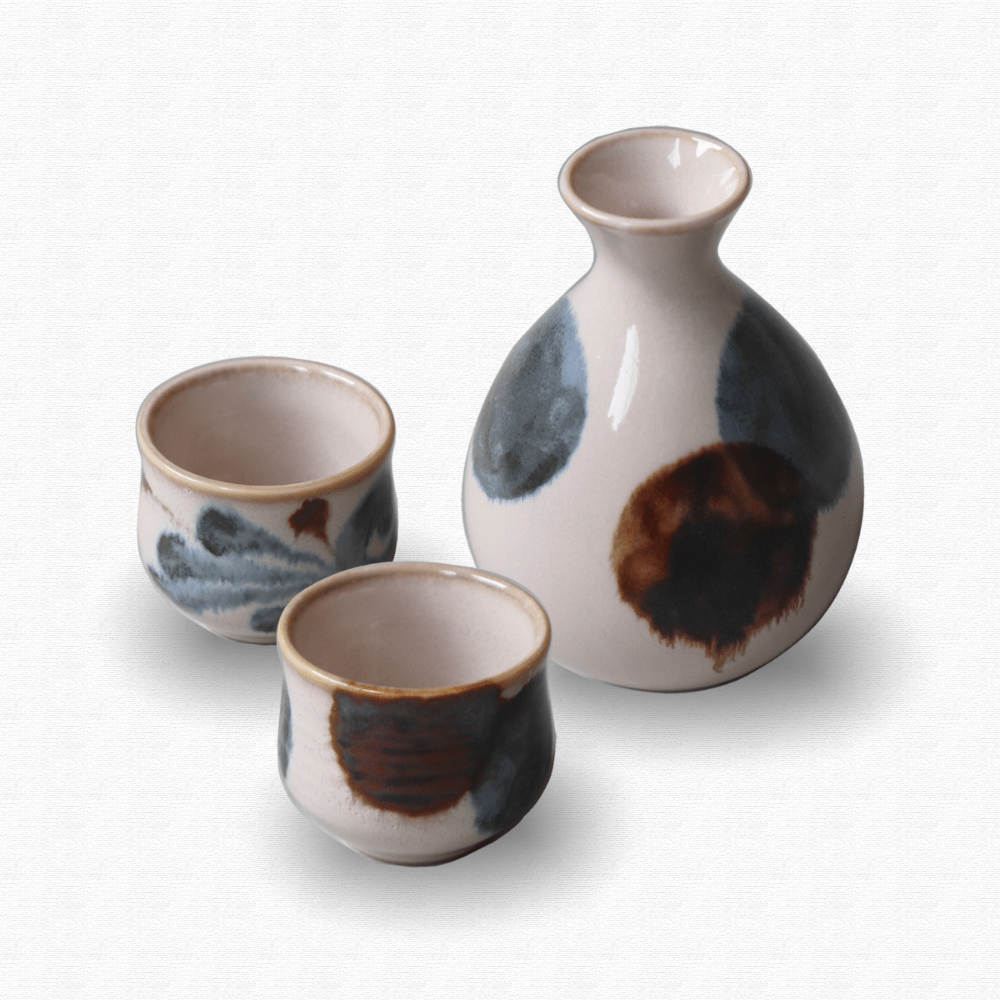
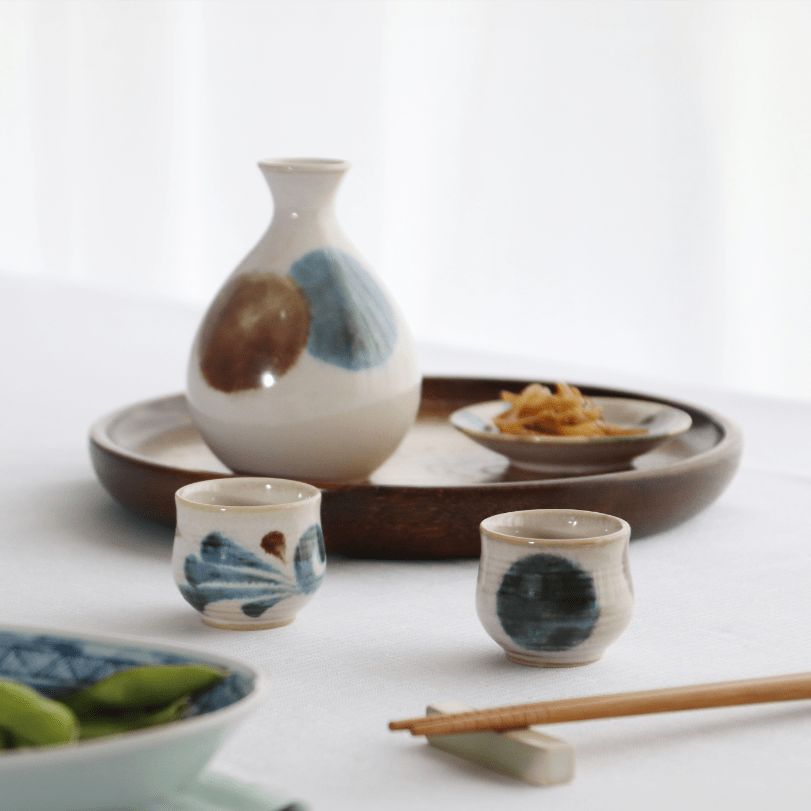
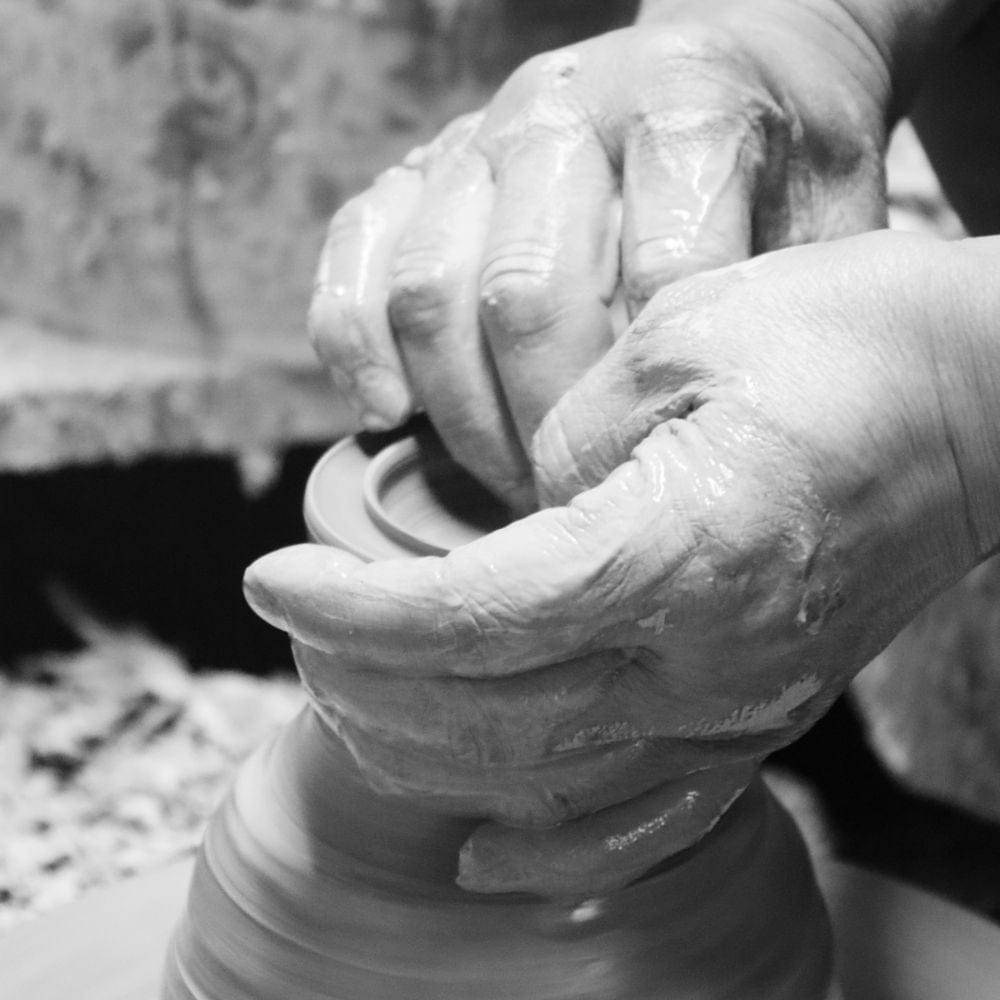
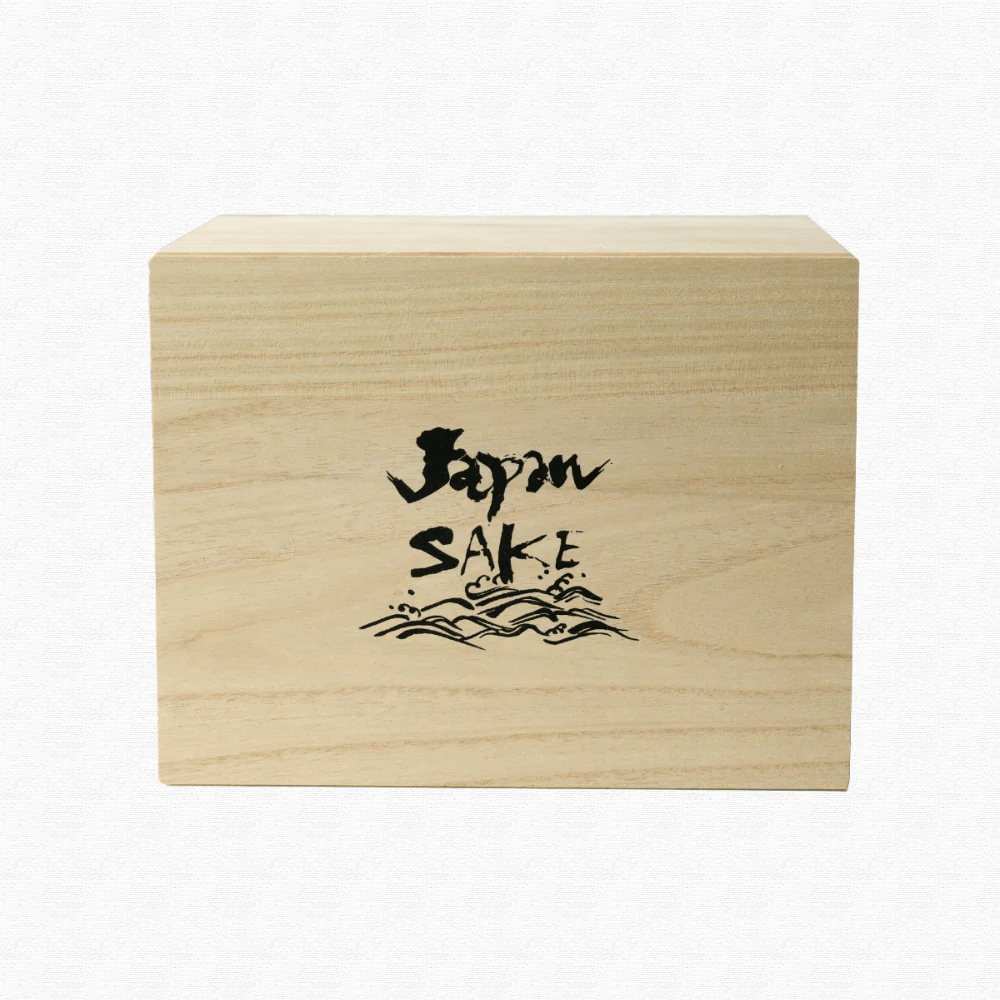
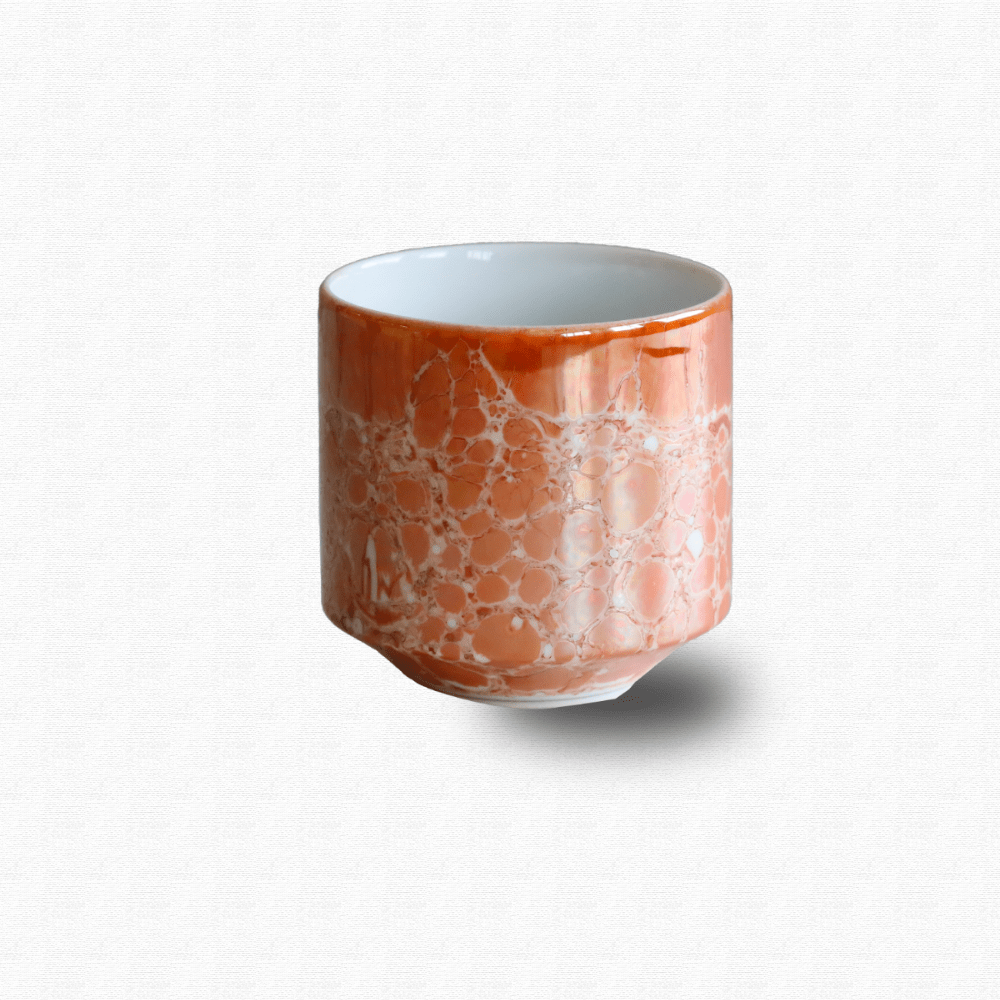
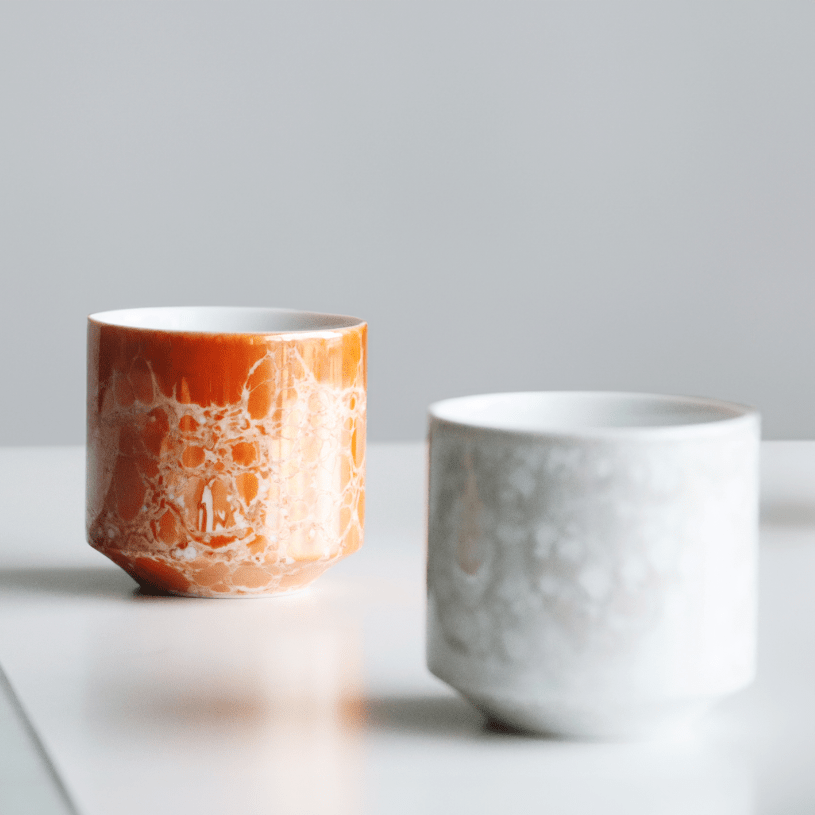
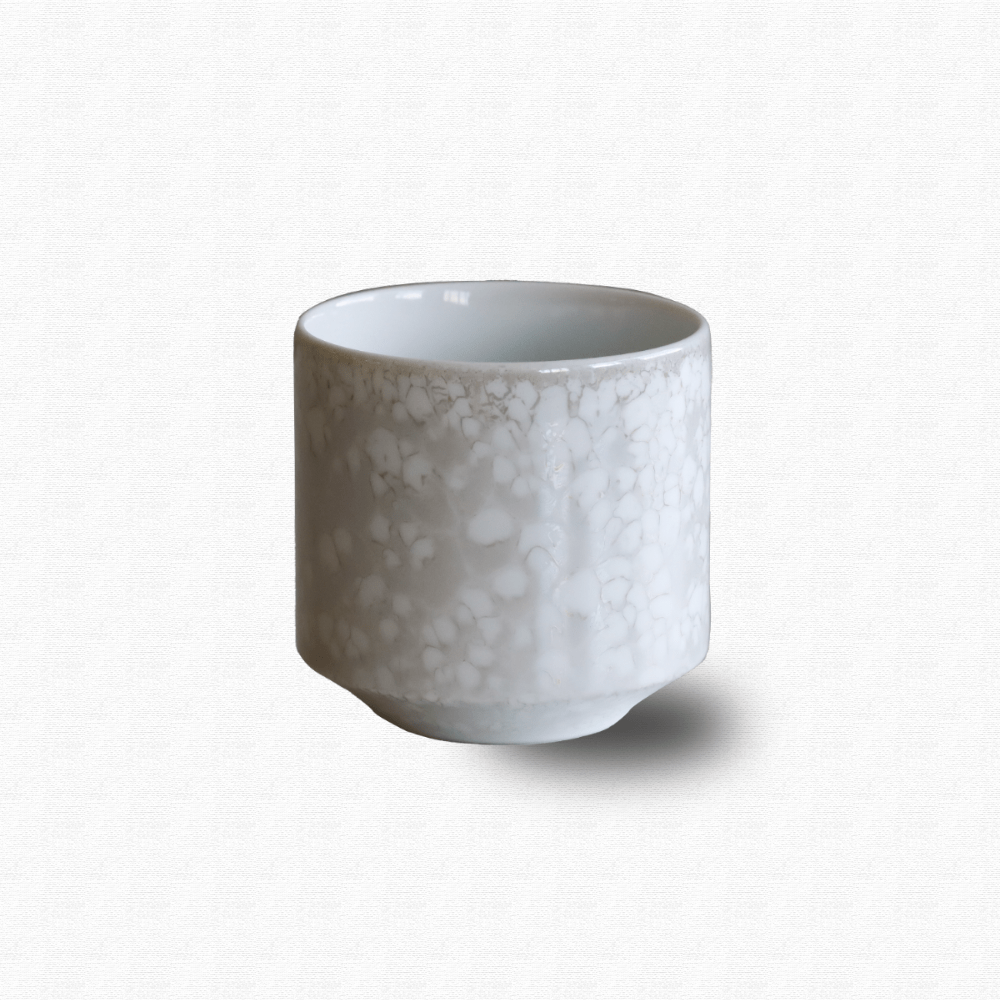
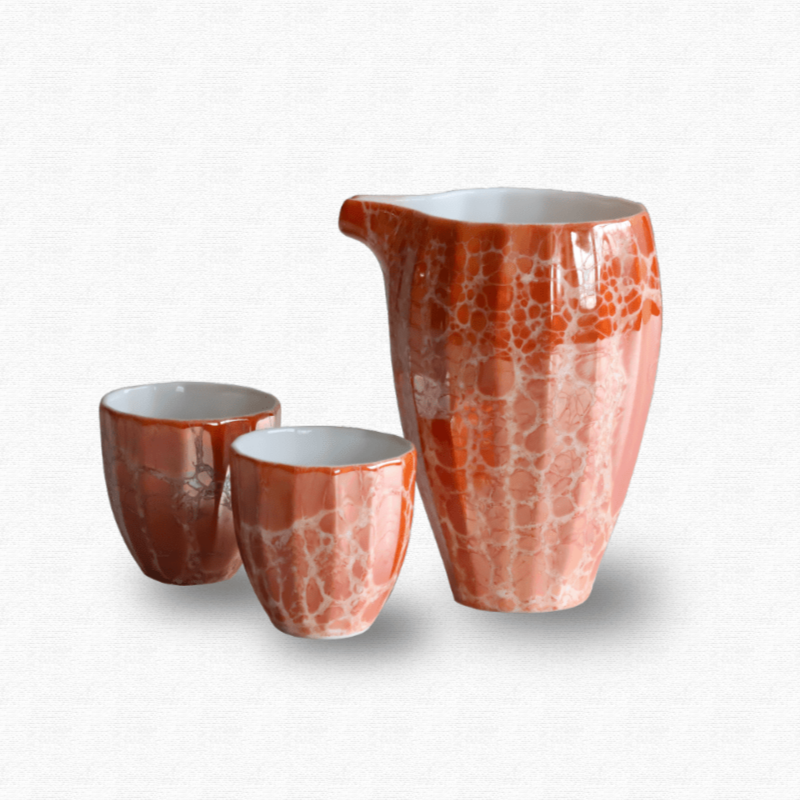
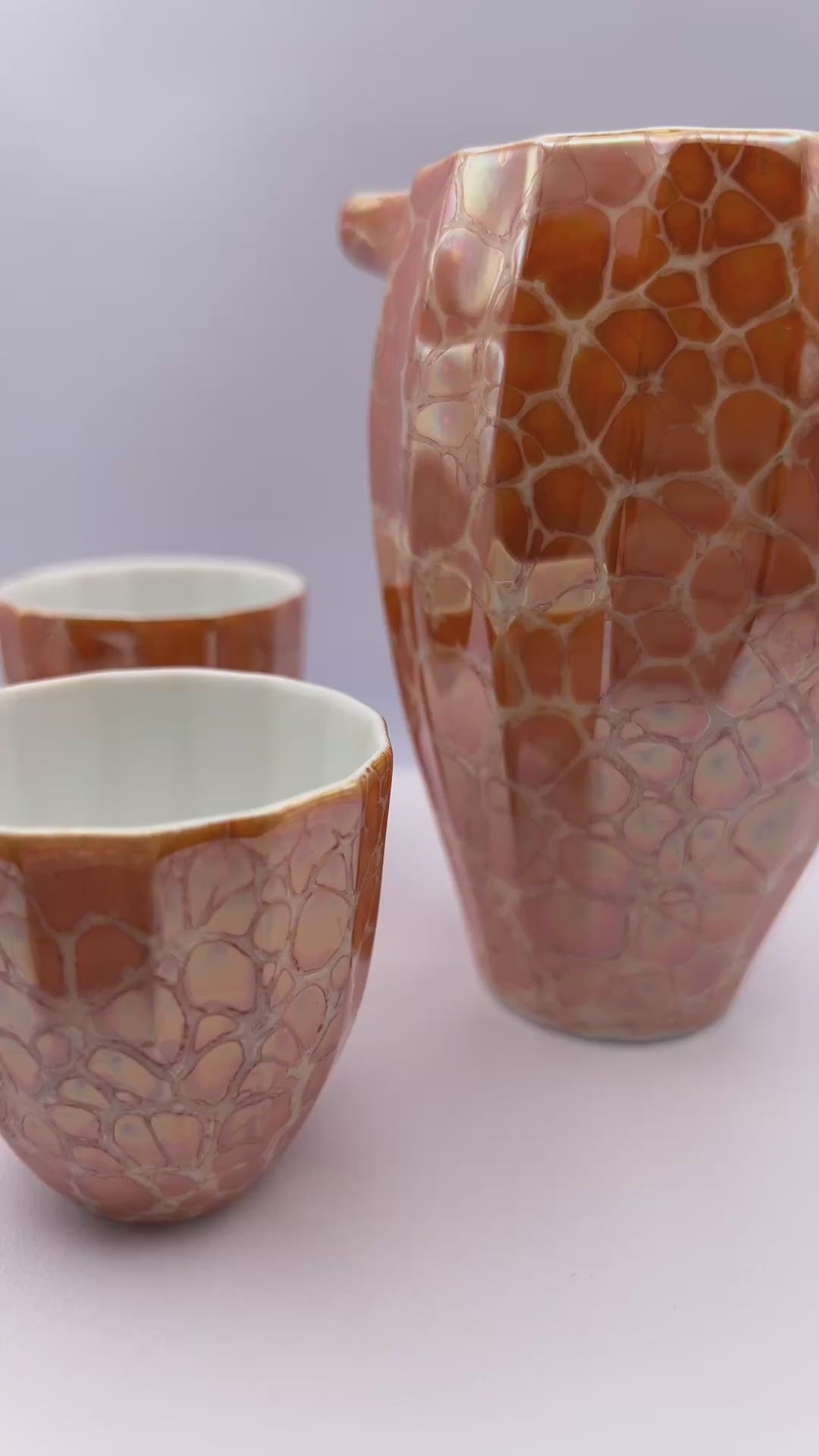
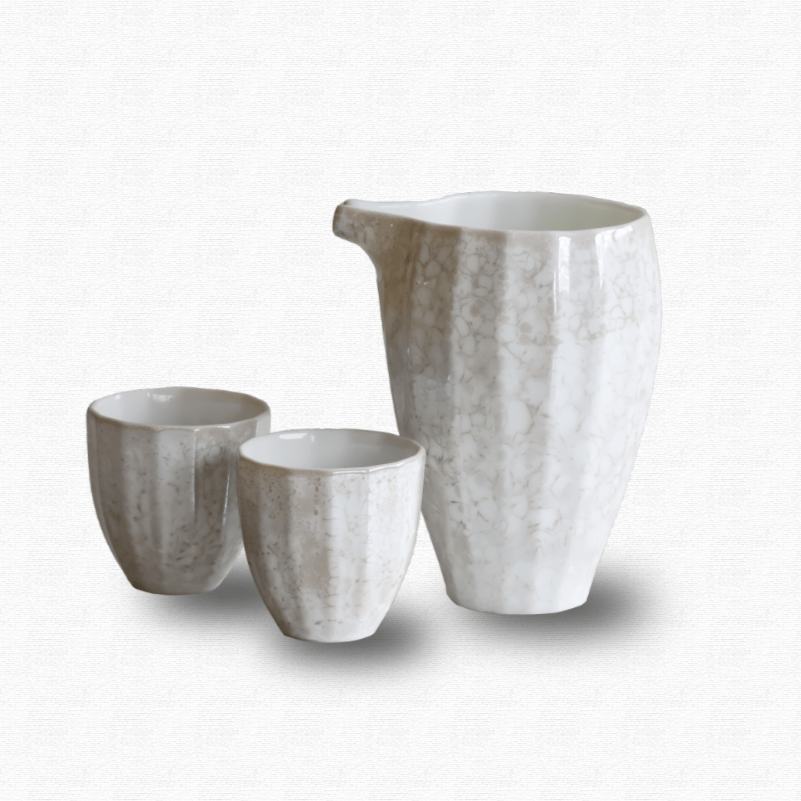
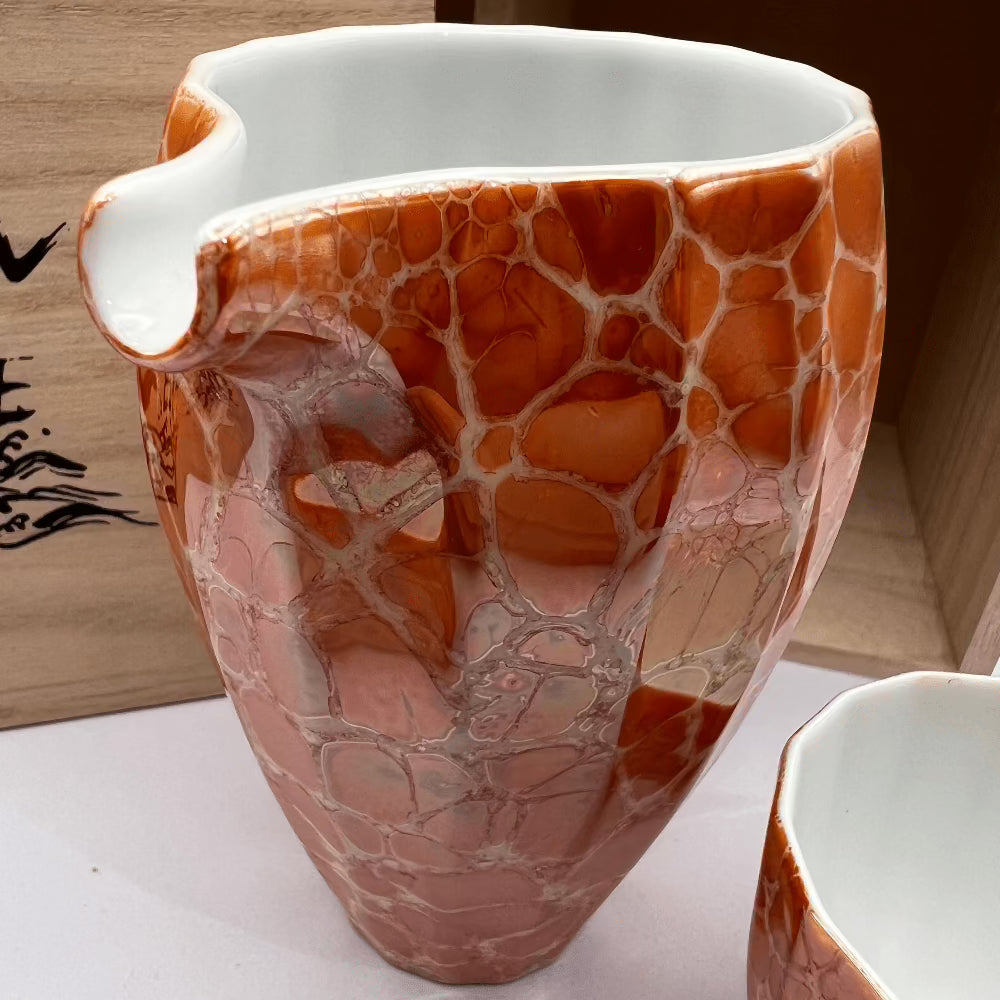
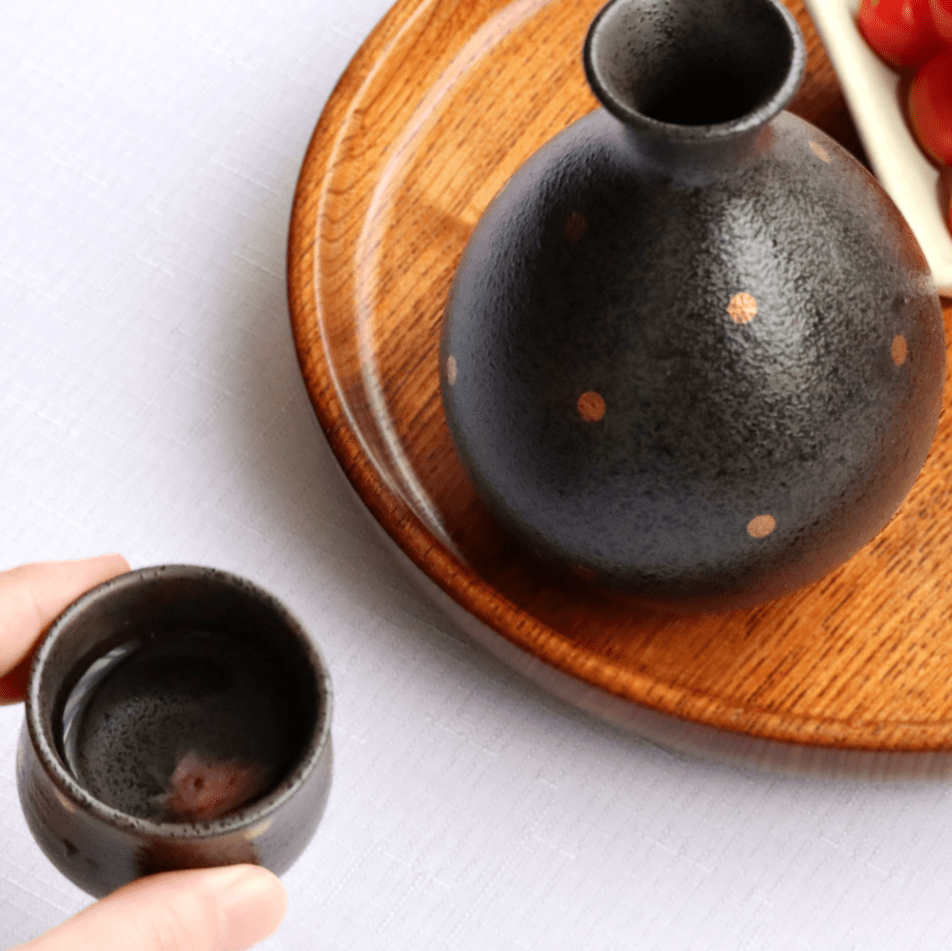
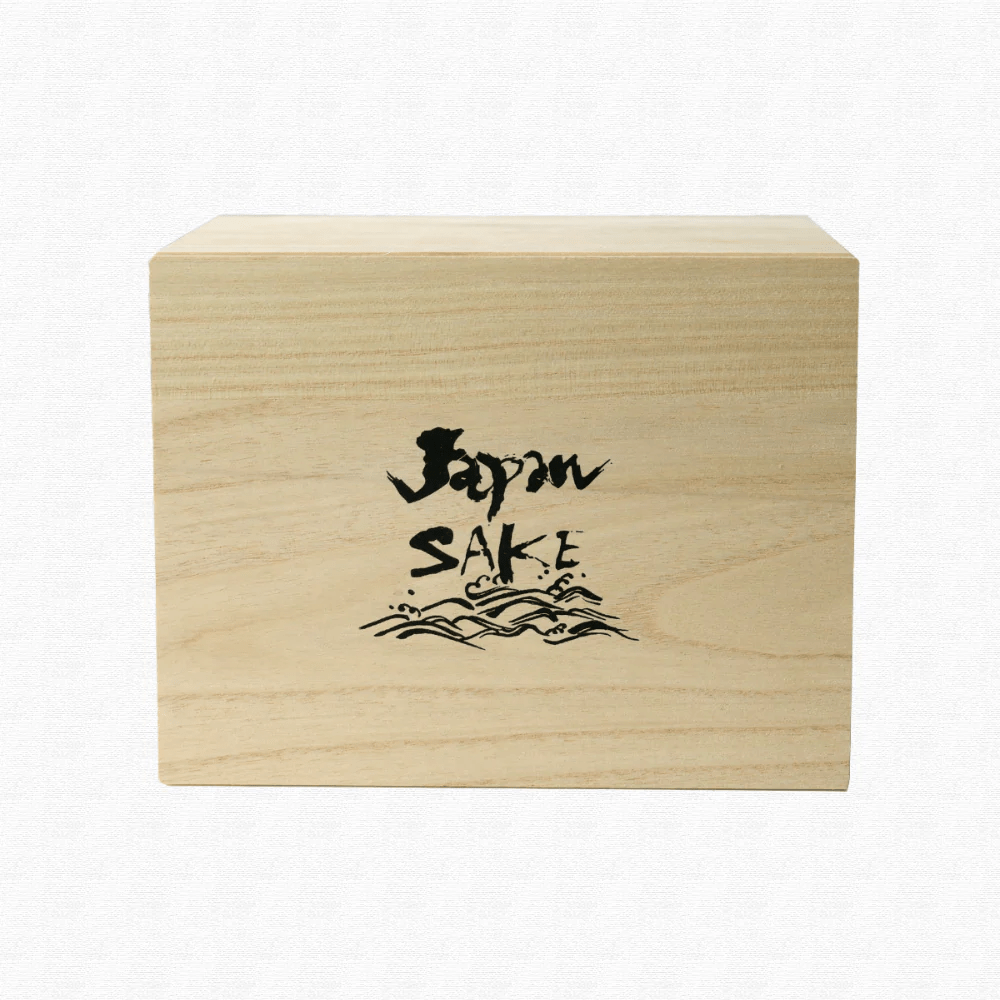

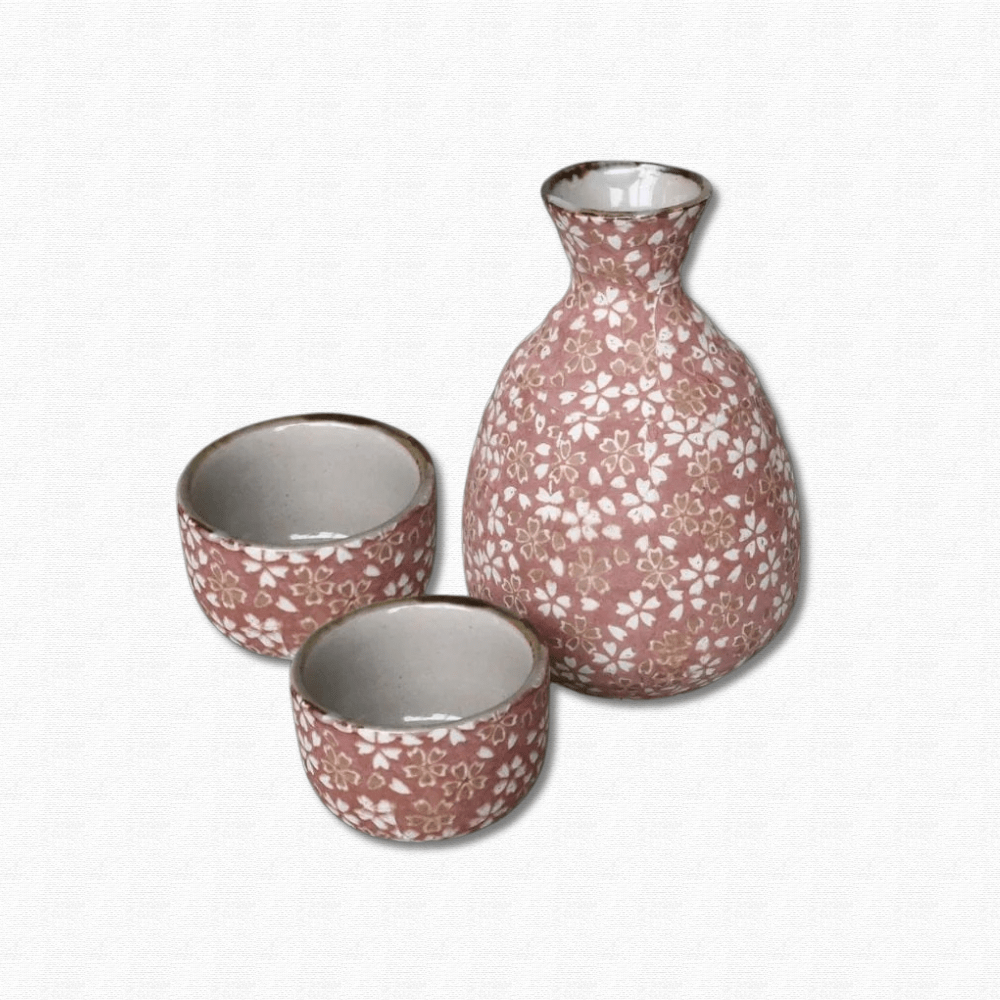
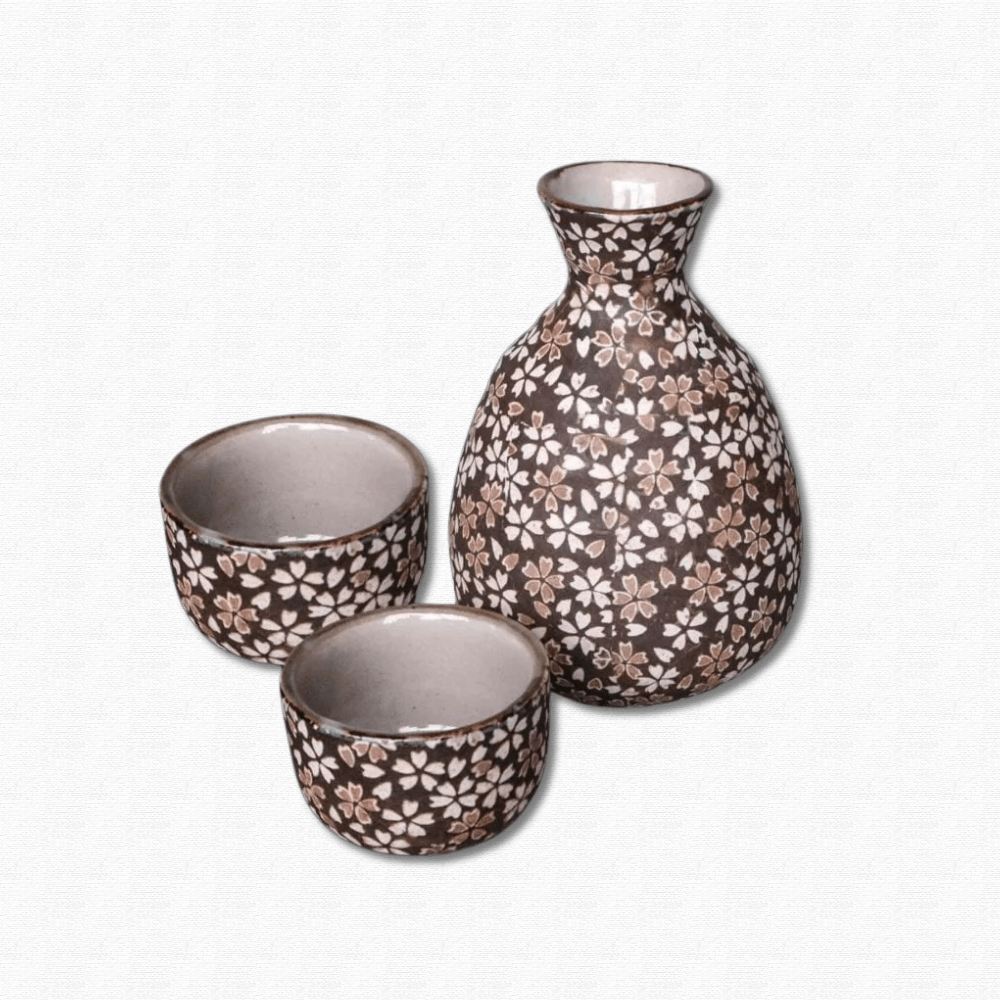
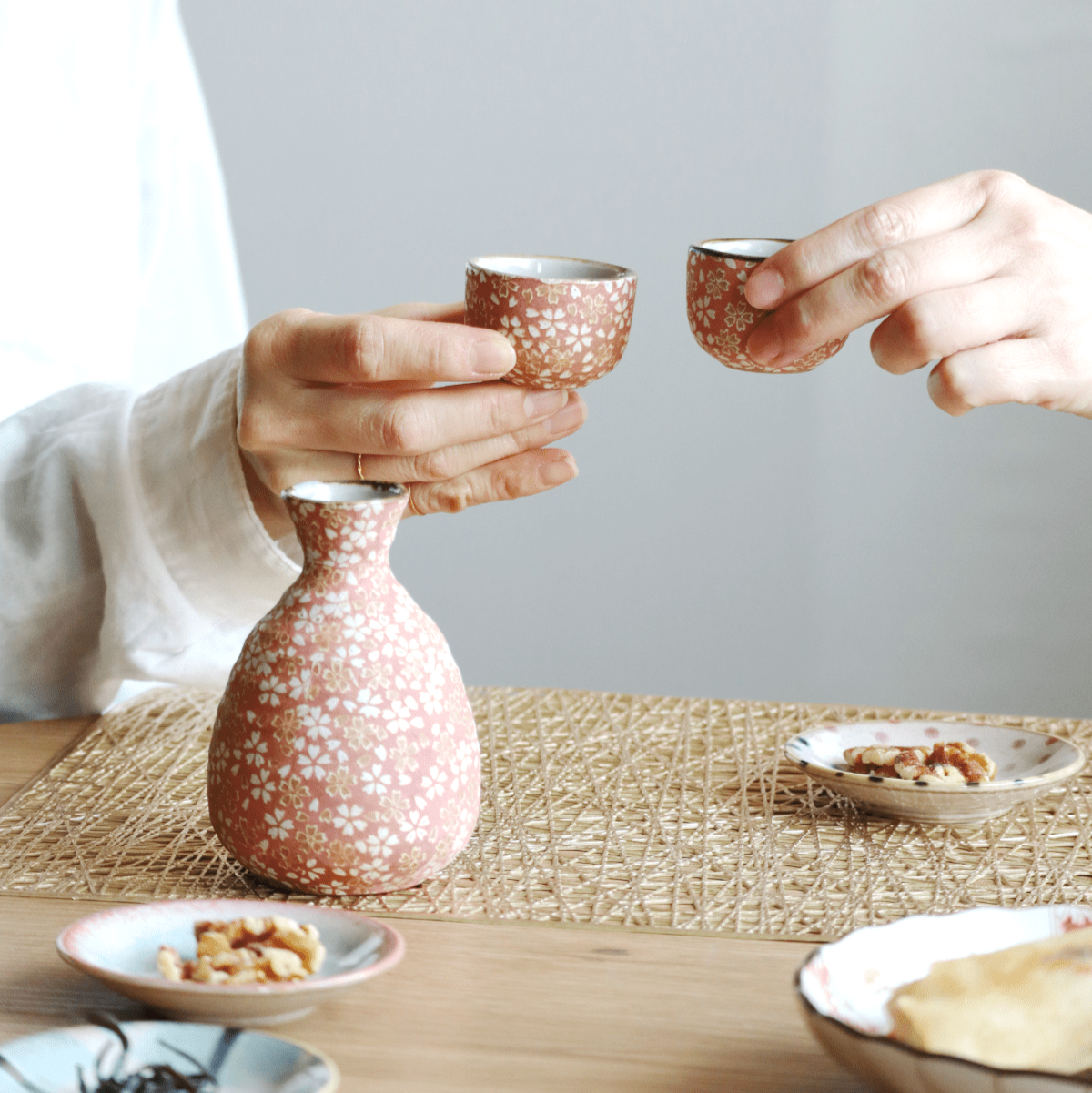
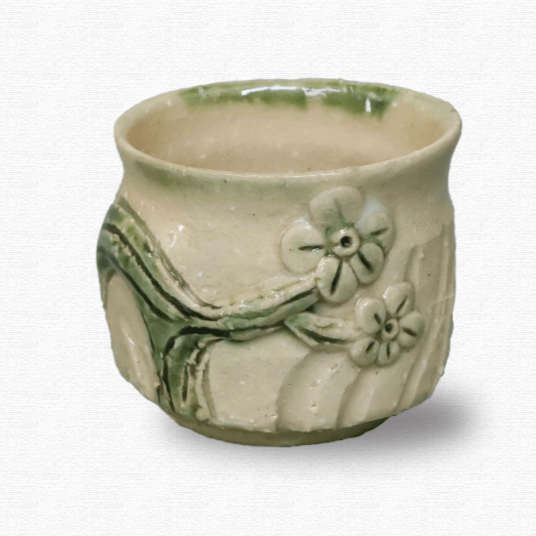
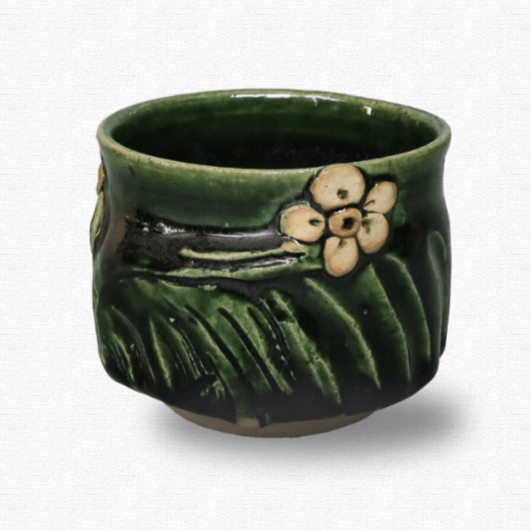
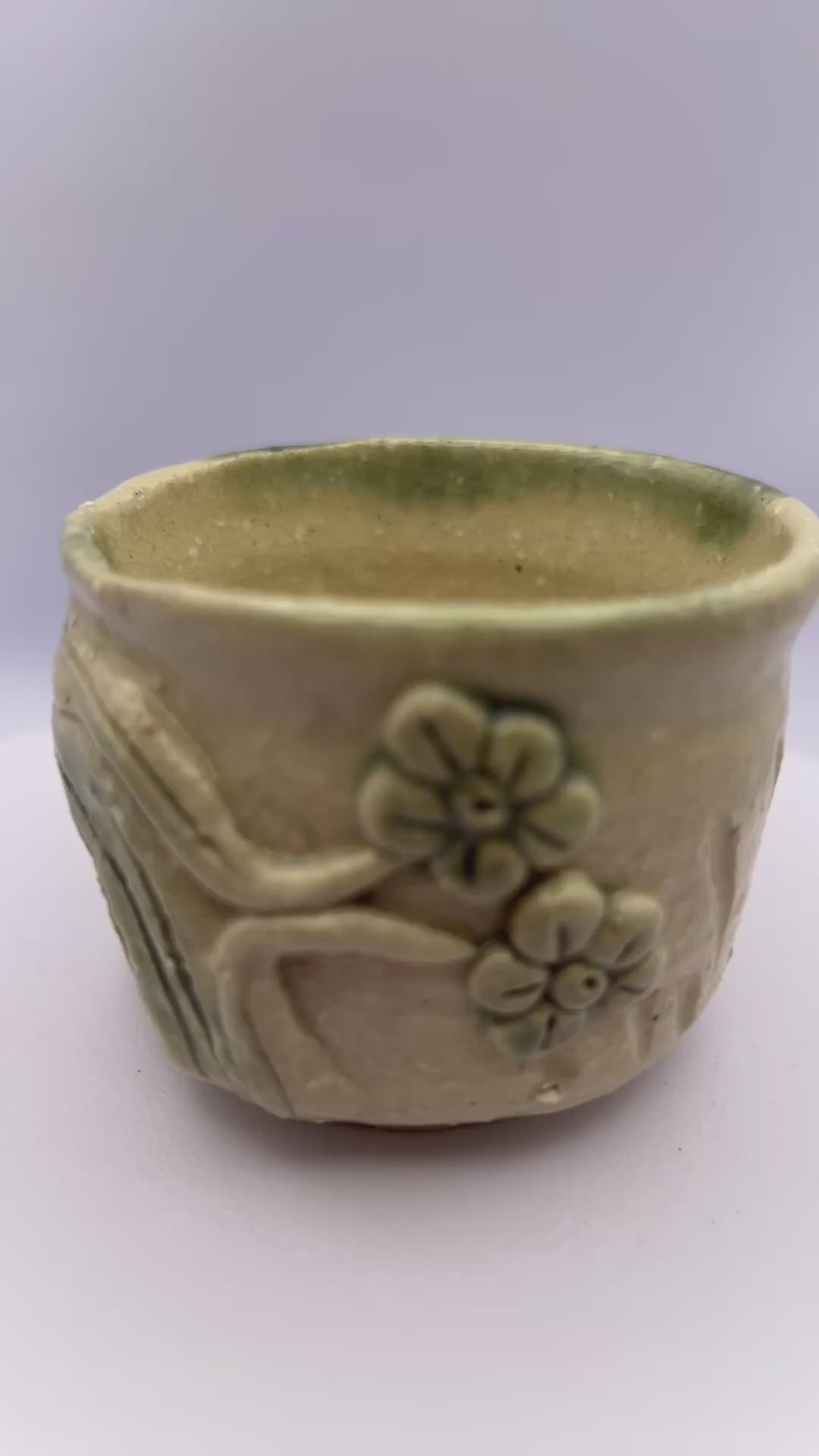
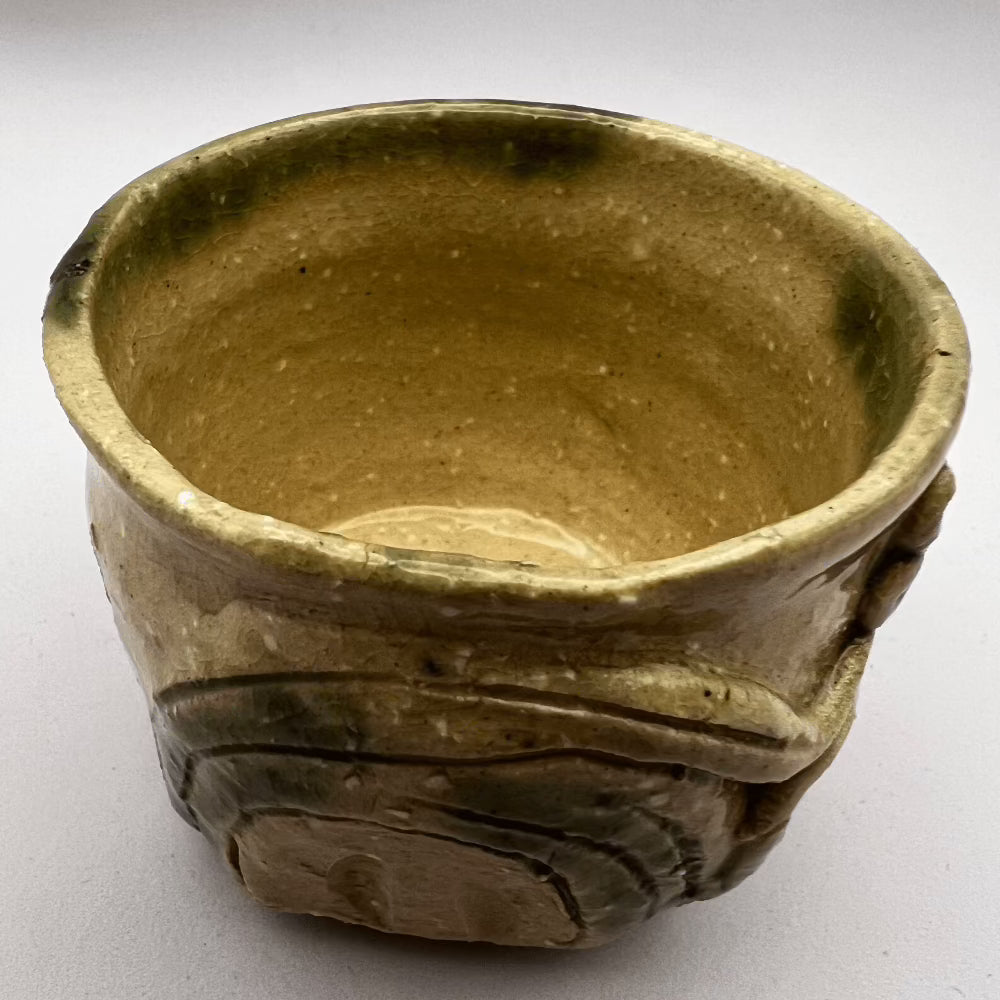
Share: